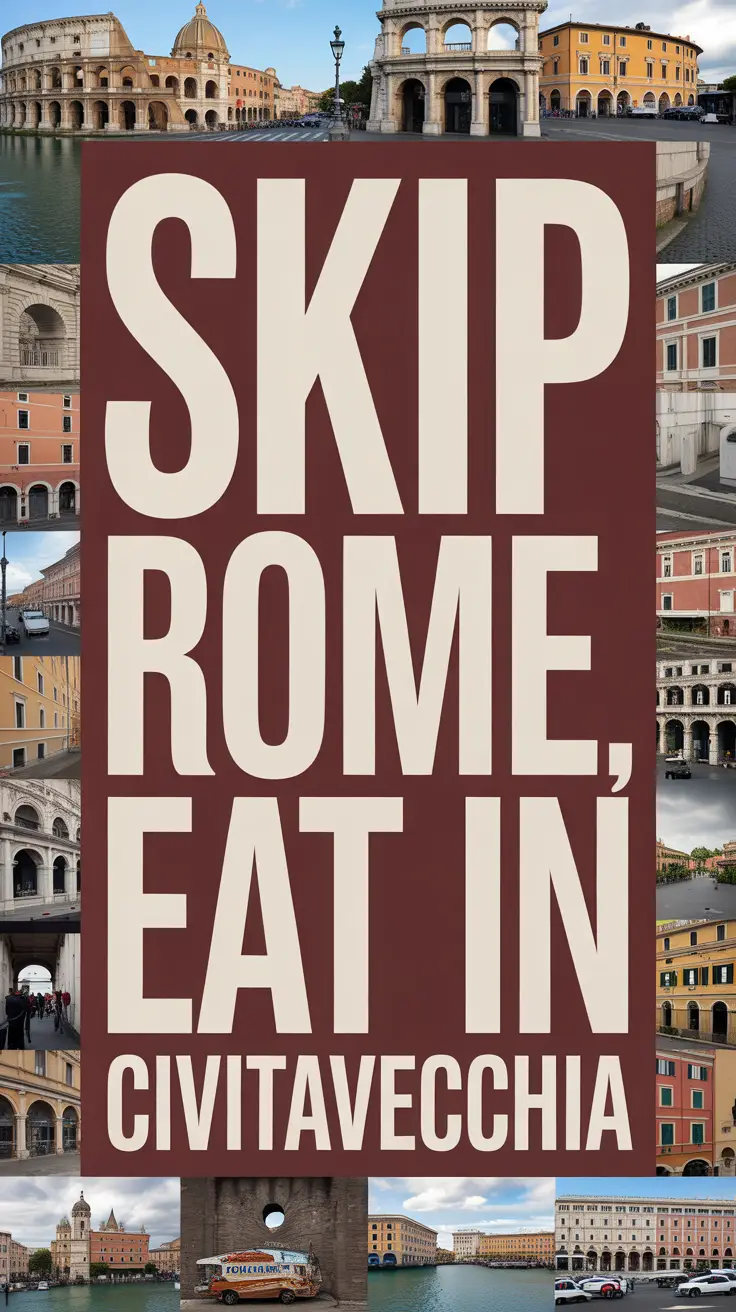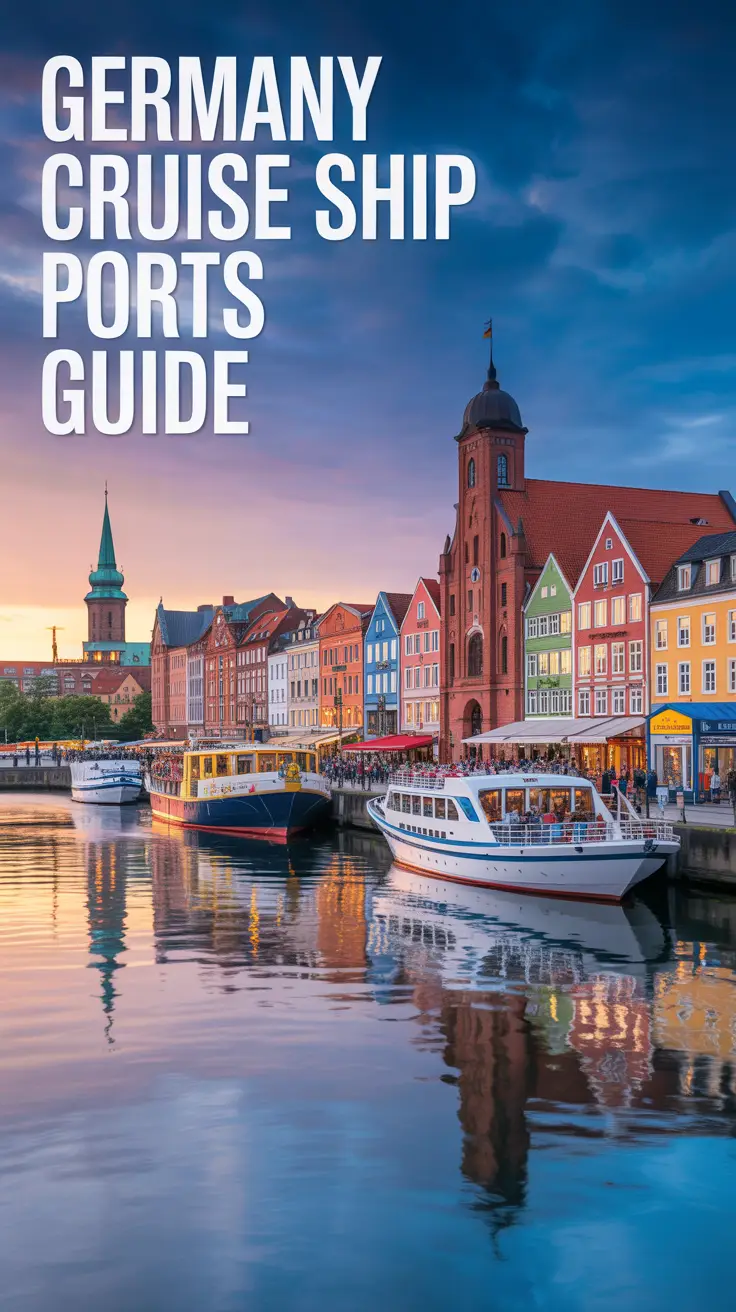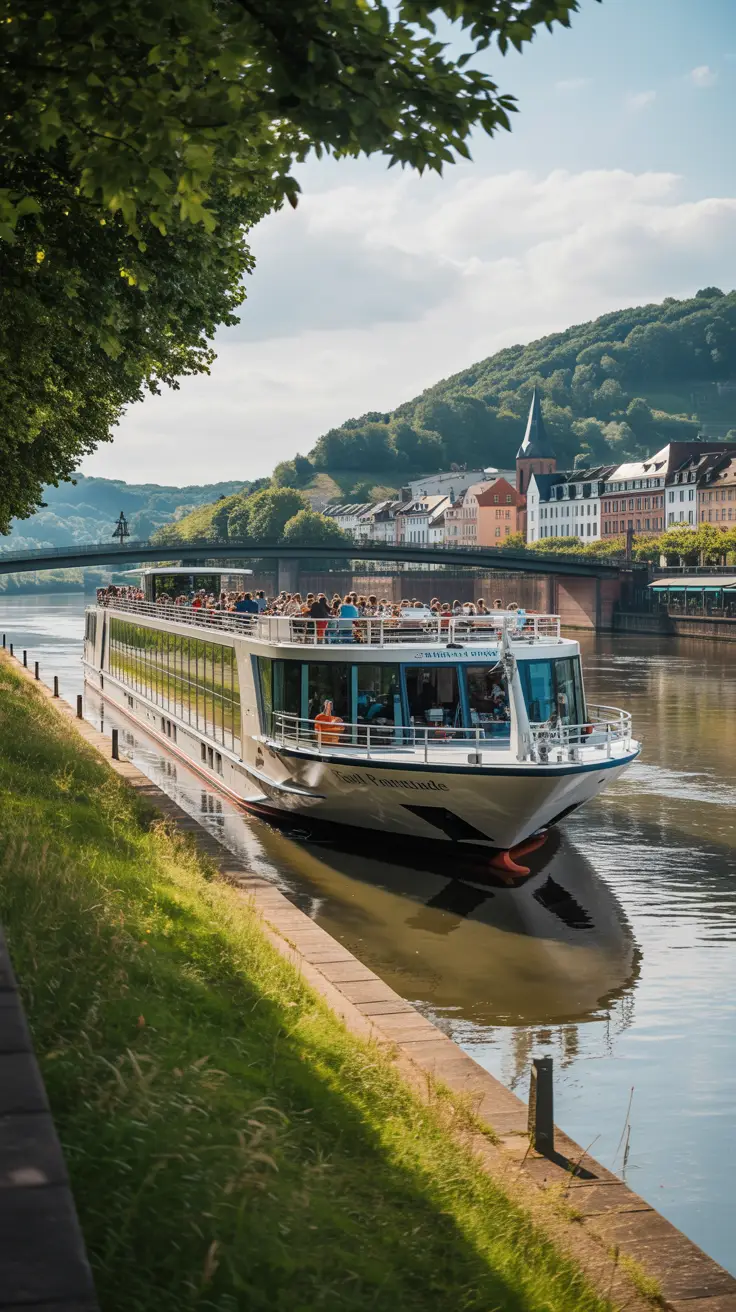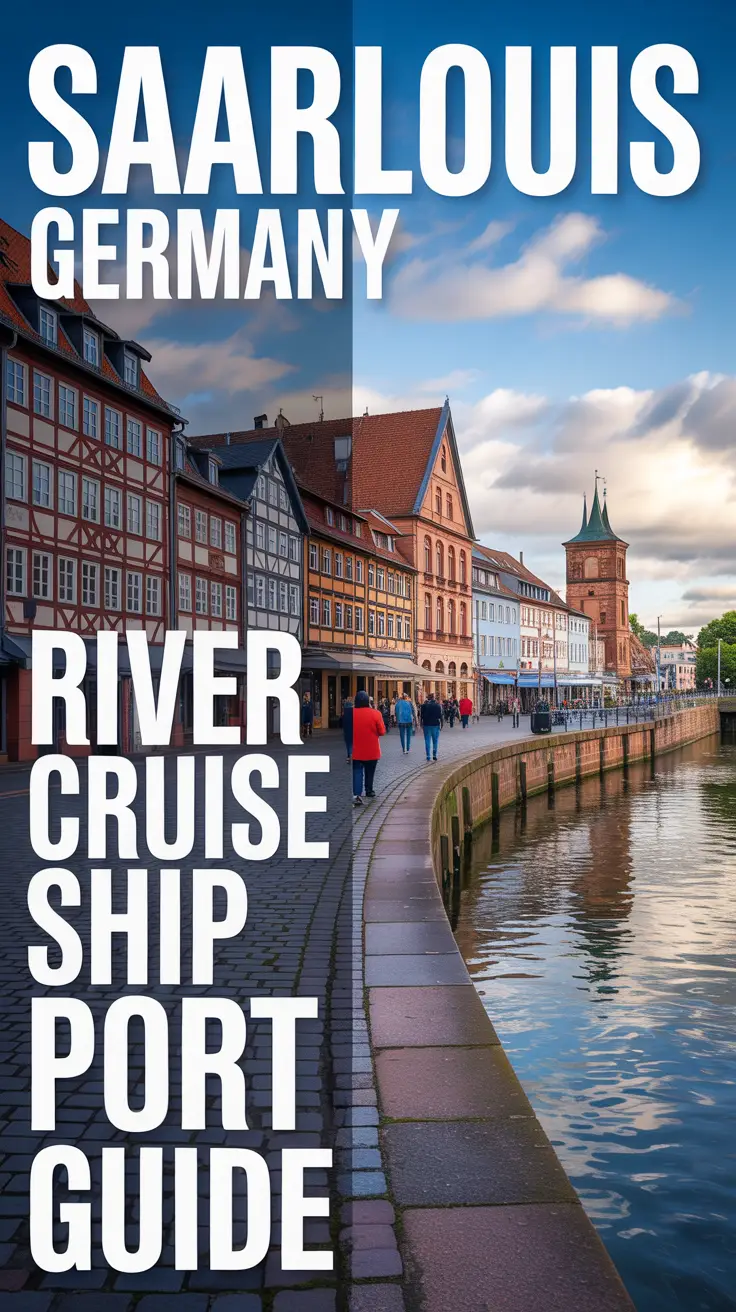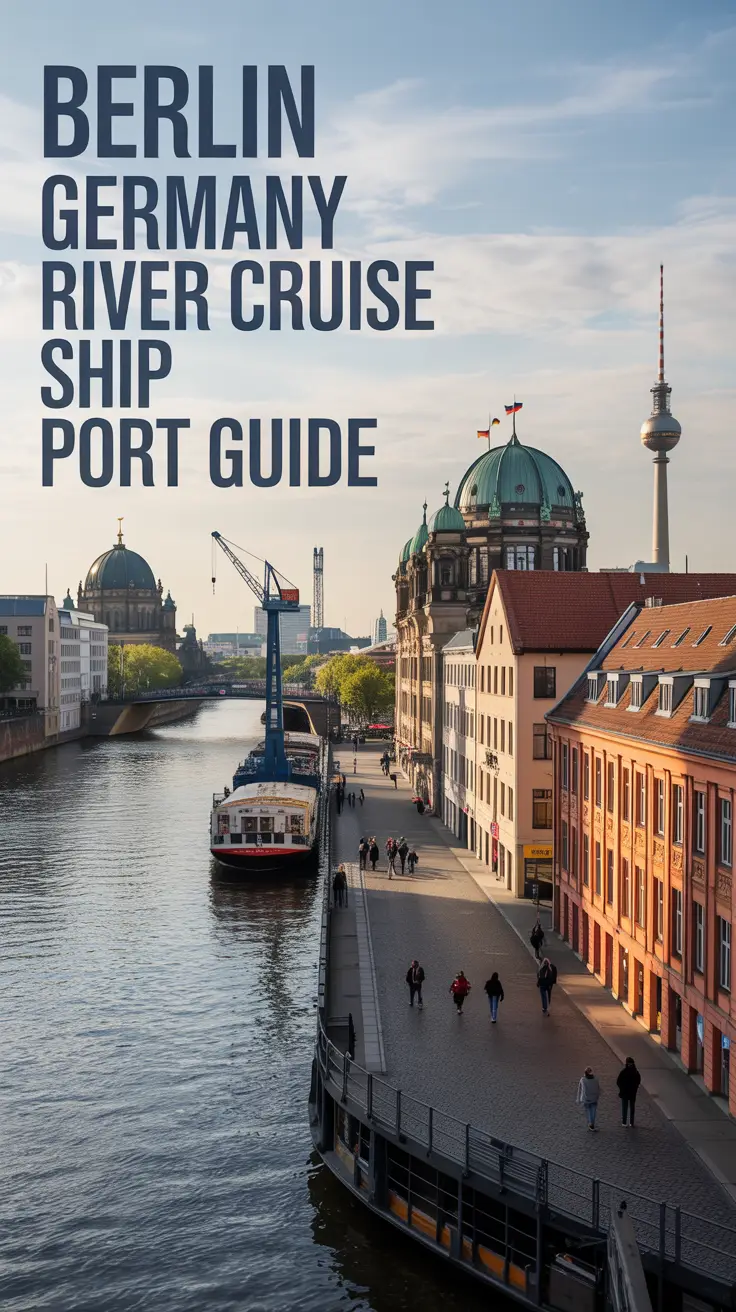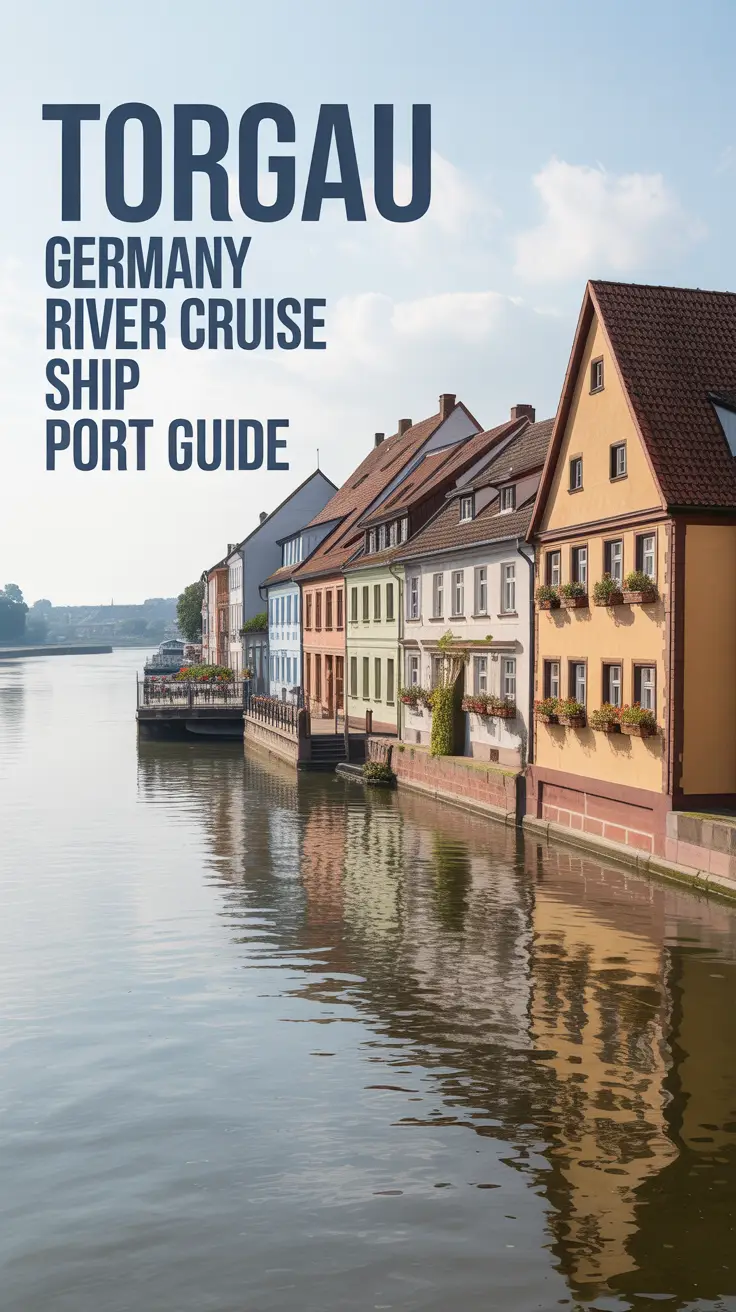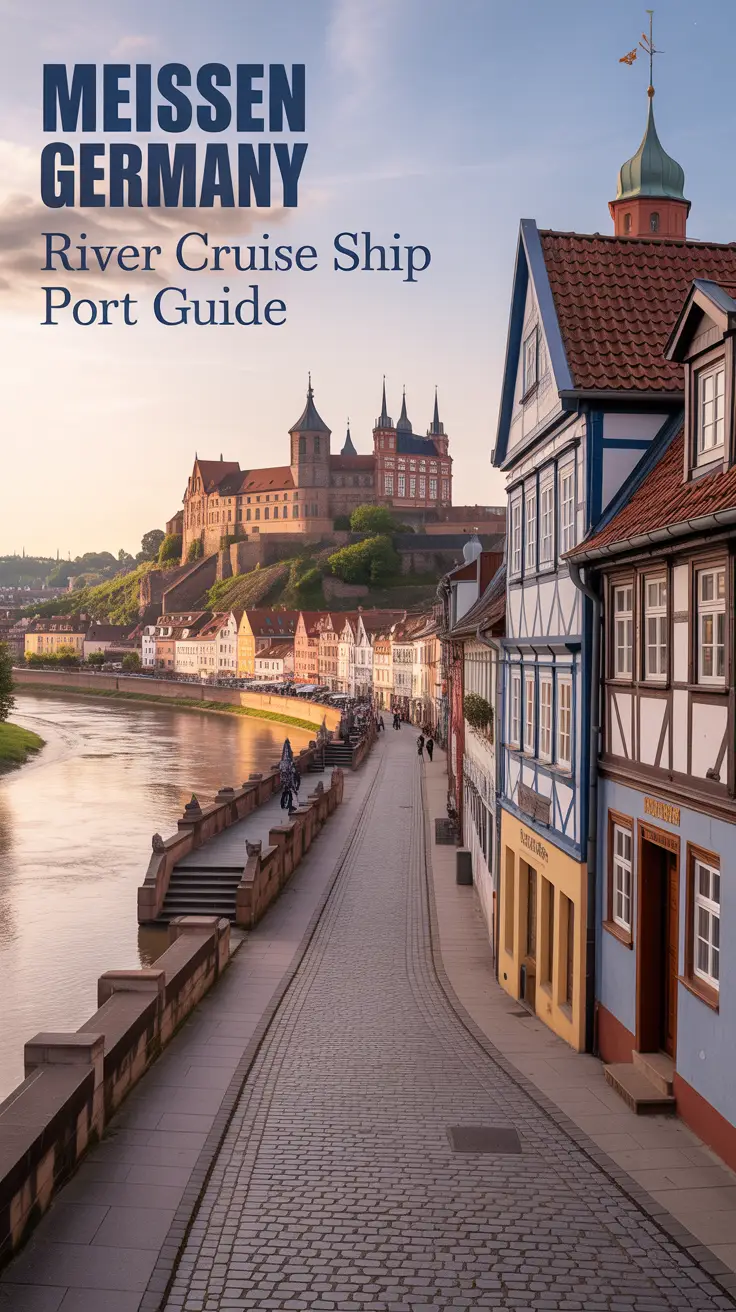Why You Should Skip Rome and Eat in Civitavecchia Instead
Here’s a secret that even veteran cruisers haven’t figured out: while everyone’s cramming into buses bound for Rome’s overcrowded trattorias, the real culinary magic is happening right under their noses in Civitavecchia. After sampling everything from questionable cruise ship carbonara to tourist-trap pasta near the Colosseum, I’ve discovered that Rome’s port city serves up some of Italy’s most authentic flavors – minus the chaos and inflated prices.
The Hidden Culinary Gem Everyone Ignores
Civitavecchia isn’t just a transit point; it’s a working Italian port town where locals actually eat. The restaurants here cater to Italian families, not cruise passengers with fanny packs, which means you’ll find genuine recipes passed down through generations rather than watered-down versions designed for timid palates.
The town’s proximity to both the Tyrrhenian Sea and Lazio countryside creates a unique fusion of coastal and inland cuisine. Fresh seafood arrives daily at the port, while vegetables and herbs come from nearby farms. This farm-to-table concept isn’t a trendy marketing gimmick here – it’s simply how Italian port towns have operated for centuries.
Why Rome’s Restaurant Scene Can Disappoint Cruise Passengers
Let’s be honest about Rome’s dining reality for day-trippers:
- Tourist areas serve overpriced, mediocre food designed for quick turnover
- Authentic neighborhoods require extensive local knowledge and time to navigate
- Peak dining hours conflict with shore excursion schedules
- Language barriers in tourist zones often lead to miscommunication about dietary restrictions
- Crowds mean rushed service and limited seating options
Marco Benedetti, Civitavecchia’s Port Authority Tourism Coordinator, puts it perfectly: “Cruise passengers spend three hours traveling to Rome to eat pasta they could find better versions of within walking distance of their ship. Our local chefs have been perfecting their craft for generations, not just since tourism arrived.”
Civitavecchia’s Must-Try Culinary Experiences
Seafood Specialties
The port’s location makes it a seafood paradise. Local restaurants serve catch-of-the-day preparations that rival Italy’s famous coastal destinations:
- Spaghetti alle vongole veraci: Clams harvested from nearby waters, not frozen imports
- Branzino in crosta di sale: Sea bass baked in local sea salt
- Fritto misto: Light, crispy mixed seafood fry using techniques perfected by fishing families
- Baccalà all’arrabbiata: A spicy local take on salt cod
Regional Lazio Specialties
Civitavecchia’s inland connections mean you’ll also find exceptional versions of Roman classics:
| Dish | Why It’s Better Here | Price Comparison |
|---|---|---|
| Cacio e Pepe | Made with Pecorino Romano from nearby Lazio farms | 40% less than Rome tourist areas |
| Carbonara | Uses eggs from local suppliers, guanciale cured in traditional methods | 35% less than Rome tourist areas |
| Amatriciana | San Marzano tomatoes and authentic Amatrice preparation | 30% less than Rome tourist areas |
Best Restaurants Within Walking Distance of the Port
These establishments are all within a 15-minute walk from the Civitavecchia Port Authority terminal:
- Osteria del Marinaio: Family-run since the 1960s, specializing in daily seafood specials
- Trattoria da Valentino: Hidden gem serving traditional Lazio cuisine with modern presentation
- Il Ghiottone: Perfect for quick, high-quality lunch before returning to your ship
- Ristorante La Bomboniera: Upscale option with creative takes on regional dishes
Practical Tips for Dining in Civitavecchia
Timing Your Meals
Italian dining culture operates on specific schedules that work perfectly for cruise passengers:
- Breakfast (7:30-10:00 AM): Coffee and cornetti at local bars
- Lunch (12:30-2:30 PM): Full meals available, perfect timing for most shore excursions
- Aperitivo (6:00-8:00 PM): Light bites and drinks before returning to your ship
Budget Considerations
Dining in Civitavecchia offers significant savings compared to Rome’s tourist areas, but here’s how to maximize value:
- Prix fixe lunch menus (menu del giorno) offer the best deals
- House wines are typically excellent quality and reasonably priced
- Sharing antipasti allows you to try multiple local specialties
- Avoid restaurants directly facing the port entrance – walk two blocks inland for better prices
The Challenges to Consider
Civitavecchia dining isn’t without its limitations. The town is smaller than Rome, so restaurant variety is more limited. Vegetarian and vegan options exist but aren’t as plentiful as in cosmopolitan Rome. Some establishments close between lunch and dinner service, which can catch unprepared visitors off guard.
Language can also be more of a barrier here since servers are less accustomed to international tourists. However, most restaurant staff speak enough English to handle basic dining needs, and food allergies can be communicated with simple Italian phrases or translation apps.
Bonus Tips Only Insiders Know
- Market Secret: The morning fish market (Mercato del Pesce) near Via Duca degli Abruzzi gives you insight into what’ll be freshest at restaurants that day
- Coffee Culture: Order cappuccino only before 11 AM or locals will spot you as a tourist immediately
- Bread Wisdom: Local restaurants serve complimentary bread, but it’s meant for cleaning your plate (scarpetta), not filling up before your meal arrives
- Payment Protocol: Many family-run establishments prefer cash, especially for smaller bills
- Doggy Bag Reality: Asking for leftovers to-go isn’t common practice, so order appropriately
Common Questions
Can I make reservations at Civitavecchia restaurants from my cruise ship?
Most smaller establishments don’t take reservations, operating on a first-come basis. However, your ship’s concierge can often call ahead for upscale restaurants if you’re planning a special meal.
How do I handle dietary restrictions in local restaurants?
Learn key Italian phrases for your restrictions or use a translation app. “Senza glutine” (gluten-free), “vegetariano” (vegetarian), and “allergia a…” (allergic to) will cover most situations.
Is it safe to eat raw seafood in Civitavecchia?
Absolutely. The port’s daily fresh deliveries and health regulations make raw preparations like crudo perfectly safe when ordered from reputable establishments.
What’s the tipping culture in Civitavecchia restaurants?
A service charge (coperto) is often included. Additional tipping isn’t required but rounding up the bill or adding 5-10% for exceptional service is appreciated.
Can I find authentic Roman Jewish cuisine in Civitavecchia?
While Civitavecchia lacks Rome’s historic Jewish quarter, some restaurants serve dishes like carciofi alla giudia, though you’ll find more authentic versions in Rome’s Ghetto district.
Next time your cruise docks in Civitavecchia, resist the urge to join the masses rushing toward Rome’s tourist-packed restaurants. Instead, take a short stroll through this authentic port town where the aroma of garlic and sea salt mingles in the Mediterranean air, where restaurant owners remember their customers’ names, and where every meal tells the story of generations perfecting their craft. Whether you’re exploring independently or on an excursion, consider packing a comfortable day backpack for your culinary adventures around town. Sometimes the most extraordinary culinary adventures happen not in the destinations everyone talks about, but in the places everyone walks past on their way somewhere else. If you’re planning to explore multiple Mediterranean cruise ports in Italy, be sure to invest in quality walking shoes to keep you comfortable during your food tours.

